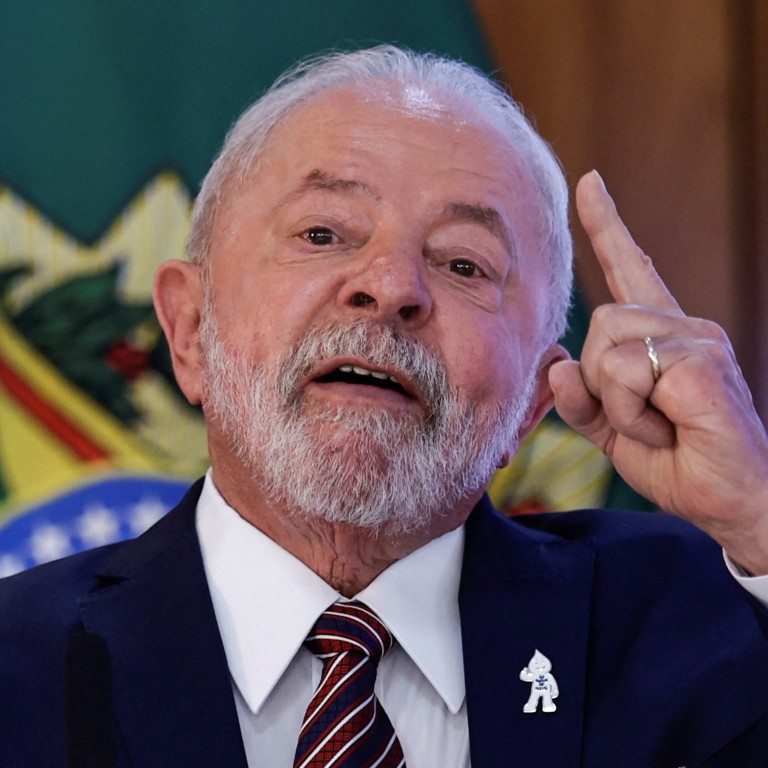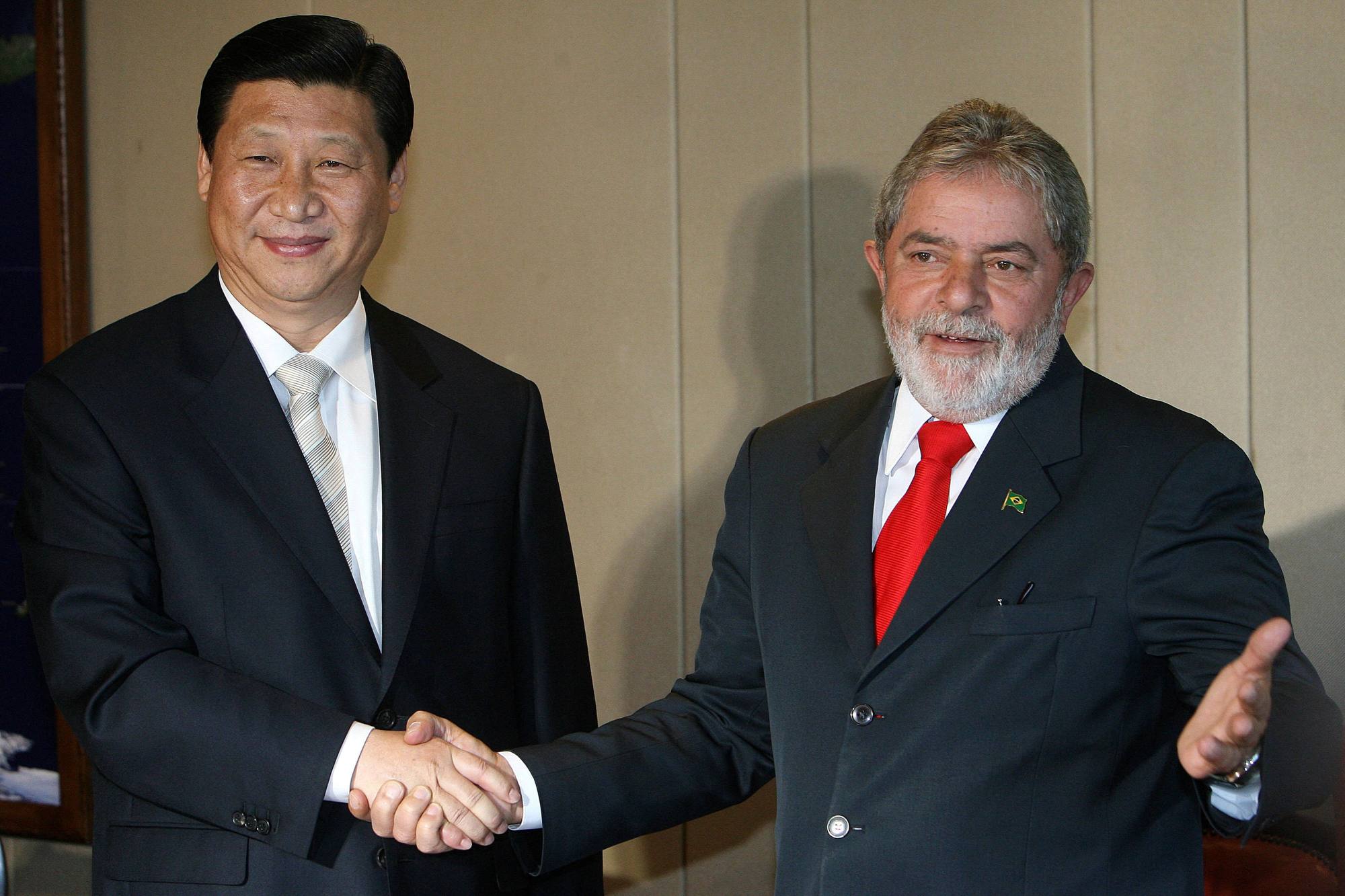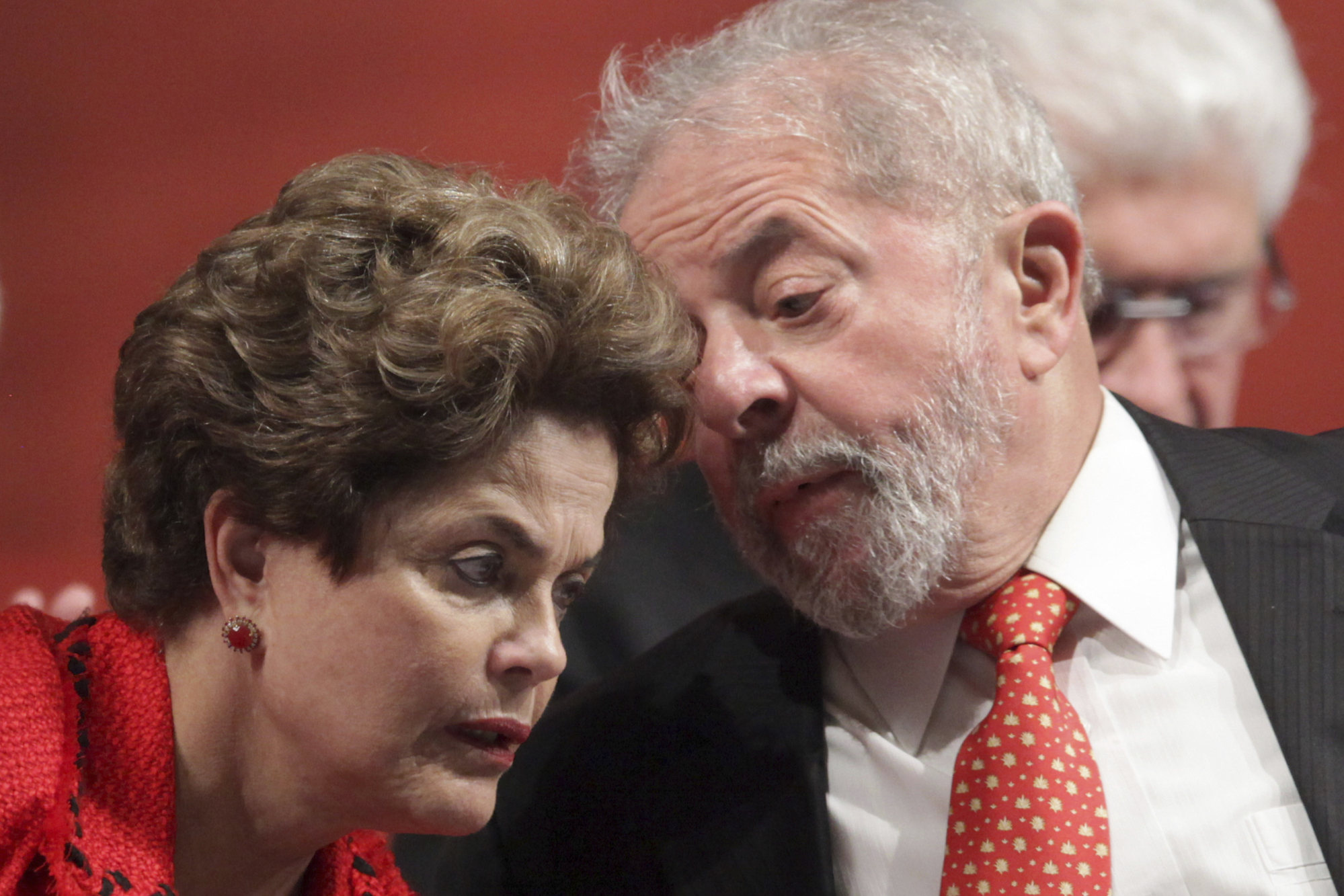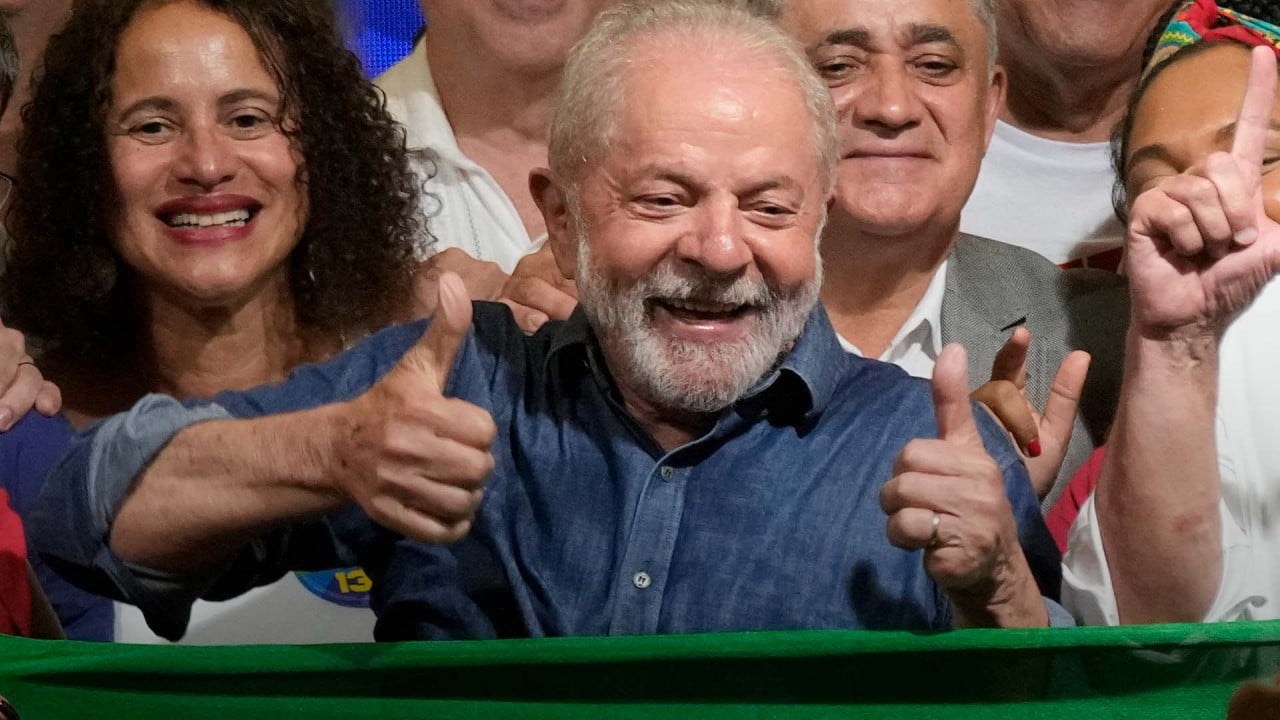
Brazilian President Lula’s China trip sends hopes soaring on either side
- Luiz Inácio Lula da Silva’s visit forecast to take political and economic ties to a new high as Brazil seeks a reset after Bolsonaro years
- China will be rolling out the red carpet as it needs Brazil’s Latin American heft to counter the US-led West, observers say
Observers expect his four-day trip to raise bilateral political and economic ties to a new high, and also test the two countries’ ability to tackle global challenges, such as the war in Ukraine.
Hailed by Beijing as an “old friend of the Chinese people”, Lula – who has been seeking closer ties with both China and the United States – could even help bridge differences between the rival powers, according to Chinese analysts.
What’s in store for Brazil’s President Lula during China visit?
“We’re going to consolidate our relationship with China. I’m going to invite Xi Jinping to come to Brazil for a bilateral meeting, to get to know the country and to show him projects that will be of interest for Chinese investment,” Lula said ahead of his trip to China on Monday.
The visit, which comes two months after his White House meeting with US President Joe Biden, had been planned for late March but had to be postponed after Lula became ill.
“The fact that President Lula is to lead a large delegation to China for a state visit soon after his recovery fully reflects the great importance China and Brazil attach to this visit and to the development of bilateral relations,” Chinese foreign ministry spokesman Wang Wenbin said on Tuesday.

China will be rolling out the red carpet for the Brazilian leader, to showcase the Latin American power’s growing importance in Beijing’s foreign policy, according to Niu Haibin, director of the Institute for Foreign Policy Studies at the Shanghai Institutes for International Studies.
“Lula’s China trip will also underline his eagerness to renew mutual trust he had with China in the past. Bilateral ties will see a big boost not only on economic and trade front, but also their shared interests and willingness to gain a greater voice on global governance,” he said.
Lula, 77, came to power for the third time in January, after earlier leading Brazil from 2003 to 2010.
In Shanghai, he will attend the inauguration on Thursday of his ally and former Brazilian president Dilma Rousseff as head of the New Development Bank.
The bank was set up in 2014 by the BRICS group of major emerging economies comprising Brazil, Russia, India, China and South Africa.
The presence of Lula, who helped set up the organisation, will underline Brazil’s support for the multilateral grouping and its confidence in China’s leading role, Niu said.

Lula is also expected to visit Huawei’s innovation centre in Shanghai , according to Bloomberg, despite Washington’s campaign to pressure allies and partners into excluding the Chinese telecoms giant from global 5G networks.
“We want to have good and close relations with everyone, everywhere.”
While China may not be comfortable with Lula’s delicate balancing act in the US-China rivalry, it would be a plus if he could help foster three-way cooperation on climate change and other important issues, Niu said.
“Against the backdrop of deteriorating US-China ties and a lack of effective communication and willingness to cooperate, Lula – who seeks cooperation with both Beijing and Washington – should be able to serve as a bridge between them,” he said.
Lula needs Chinese investment and market access to boost Brazil’s stagnant economy, and China’s support for his country’s global ambitions, according to Zhang Jiazhe, a researcher at the Shanghai Academy of Social Sciences.
Meanwhile, China needs Brazil to counter the US-led West as it faces its worst external challenges in decades, Zhang said.
3 reasons why China and Brazil are looking to deepen trade ties
“Unlike the pro-US [Jair] Bolsonaro [Lula’s far-right predecessor who was critical of Huawei and China’s handling of Covid-19], Lula is a leftist who has been close to China. His visit comes as China wants to build an international united front as it relaunches its major power diplomacy after the end of Covid restrictions,” he explained.
However, it would be unrealistic to expect Lula’s Brazil to stand with China in its rivalry with the US, despite Brasilia’s own wrangling with Washington over Latin American leadership.
“China needs to manage its expectations too, because both China and the US need to maintain good ties with Brazil,” Zhang said.
Apart from their packed agenda on bilateral issues, including trade, investment, re-industrialisation and energy transition, Lula and Xi are also expected to discuss climate change and how to end Russia’s war in Ukraine.
On Ukraine, Lula appears to be hoping to rally China’s support for his own peace proposal, which calls for a group of nations to mediate an end to the war, in a bid to put Brazil back on the international stage in the post-Bolsonaro era.
Vieira noted that the Chinese peace proposal presented in February contained aspects in common with that of Lula, such as ceasing hostilities and starting negotiations.
But analysts differed on the likely outcome.
Niu said as both China and Brazil shared a desire to play the role of mediator on the Ukraine war, they would need each other to unlock their potential in tackling such issues of global importance.
But Zhang said it could be difficult for the two countries to find substantial convergence on Ukraine due to differences on whether to condemn the Russian aggression, which China has refused to do. Lula has criticised Russia for its invasion of Ukraine, but has so far opposed Western sanctions on Moscow.
China eyeing free-trade deal in US ‘backyard’ to test South American pragmatism
China overtook the US as Brazil’s top trading partner in 2009 and is a major market for the country’s soybeans, sugar, beef, iron ore and crude oil. Brazil is also the biggest recipient of Chinese investment in Latin America, according to Chinese state media.
In an editorial on Tuesday, the state-controlled China Daily hailed a yuan-clearing agreement signed on March 29 that would cut reliance on the US dollar, and Lula’s interest in China’s Belt and Road Initiative. It also urged Lula to sustain Brazil’s “strategic autonomy”, code for distancing from the US, while denouncing Washington’s efforts to dominate Latin American economies over the past three decades as a “trap”.
“Lula’s visit to China will provide the country with a first-hand experience of what a difference keeping its strategic autonomy can make to an emerging market economy of its size, and with its resources and potential,” the English-language editorial said.


